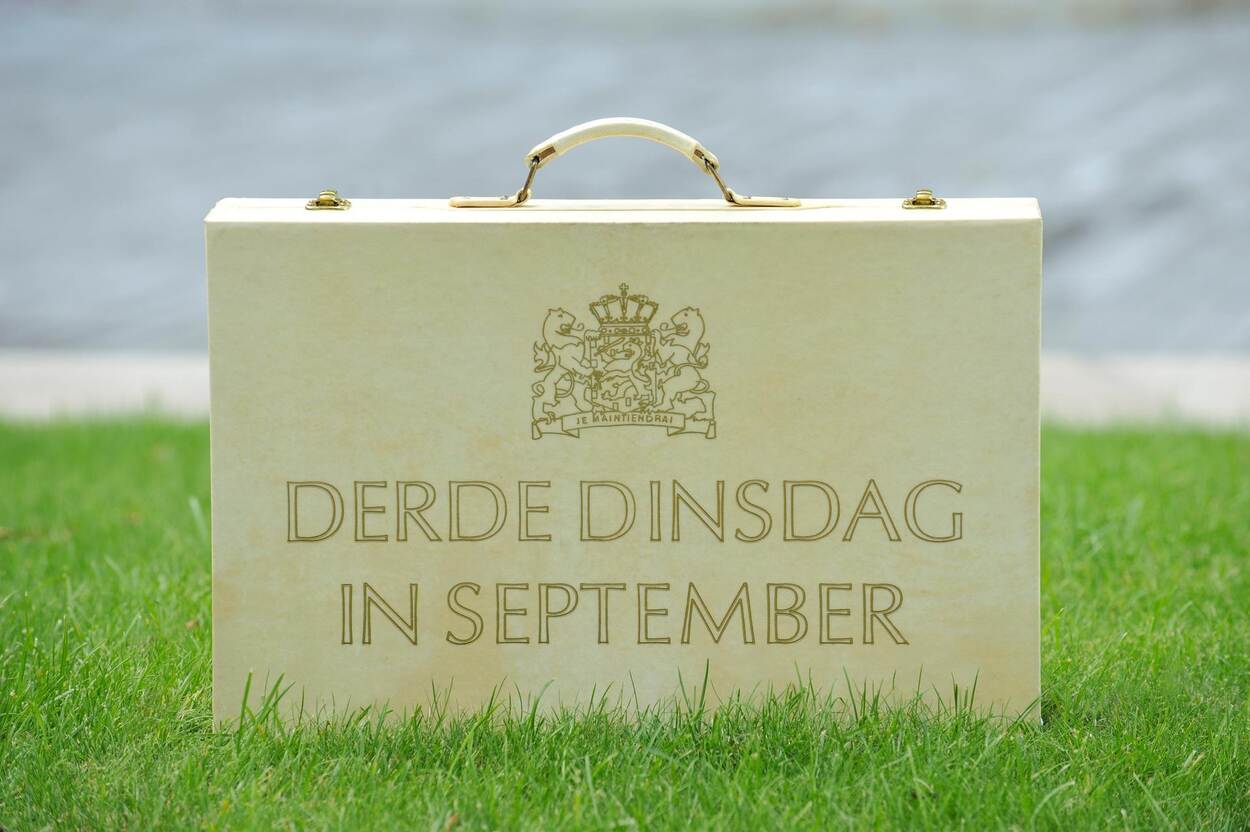
Dutch fiscal unity rules amended
30 april 2019
30 april 2019
On 23 April 2019, the Dutch Senate adopted a legal proposal introducing certain anti-abuse provisions to the fiscal unity regime for Dutch corporate income tax purposes. This proposal is the result of an EU case, which we discussed in a previous news update. This case concluded that the Dutch fiscal unity regime breached the freedom of establishment.
The Dutch fiscal unity regime allows a Dutch resident parent company and its Dutch resident subsidiaries to make one consolidated tax return. Consequently, profits and losses are offset against each other and assets can be transferred without triggering taxation. Group loans between the companies within the fiscal unity are also ignored for tax purposes.
Generally, the fiscal unity regime applies to taxpayers that are resident in the Netherlands or have a permanent establishment in the Netherlands to which the shares in a Dutch resident company can be allocated. However, certain anti-abuse provisions that applied to non-resident taxpayers and their Dutch resident subsidiaries will now also apply to fiscal unities on a standalone basis for the subsidiaries that they include. The fiscal unity's profits will be adjusted to the extent required.
The anti-abuse provisions that may affect a fiscal unity's profits mainly relate to:
- limitation of tax deductible interest on a loan entered into between related entities in connection with one of the "tainted" transactions. This may be the case for: i) profit distributions; ii) capital repayments; iii) capital contributions to related entities; or iv) the acquisition of an interest in an entity that subsequently becomes a related entity;
- denial of the participation exemption in certain cases. These cases relate to profits that arise from participations that qualify as a low-taxed portfolio investment participation;
- anti-abuse provisions with respect to trade in loss-making companies; and
- the provision in the Dividend Tax Act with respect to deductions of redistributions.
The new legislation will apply retroactively from 1 January 2018. A new proposal will also follow for a tax group system that is sustainable for the future.




